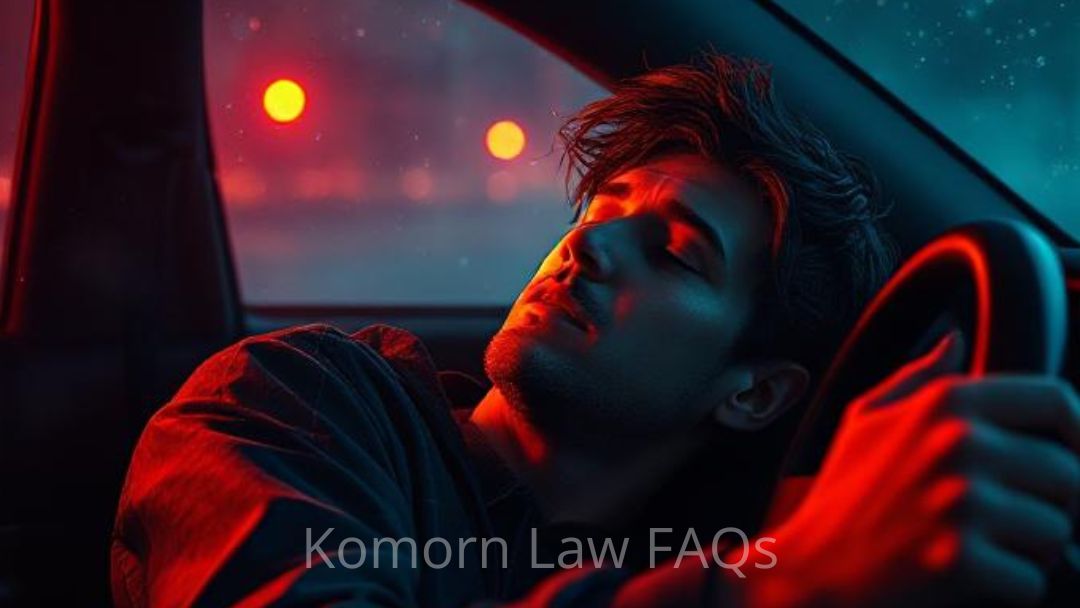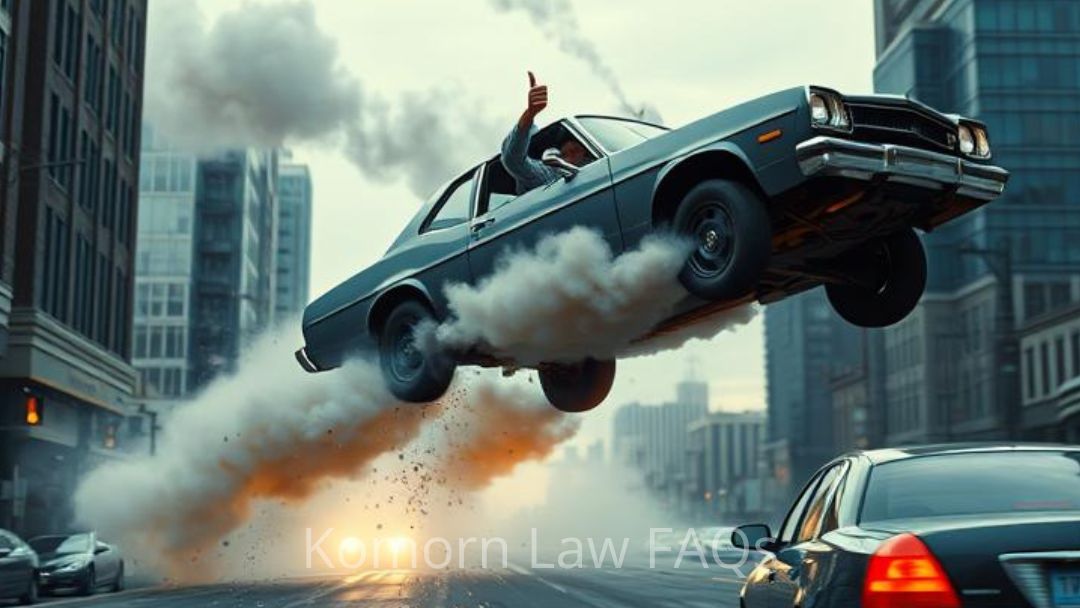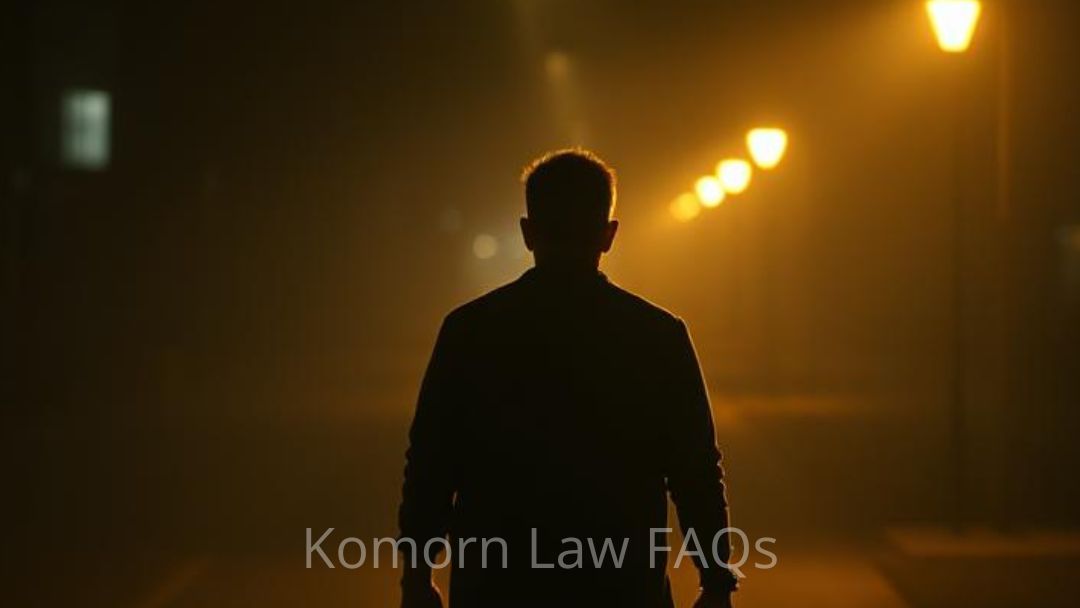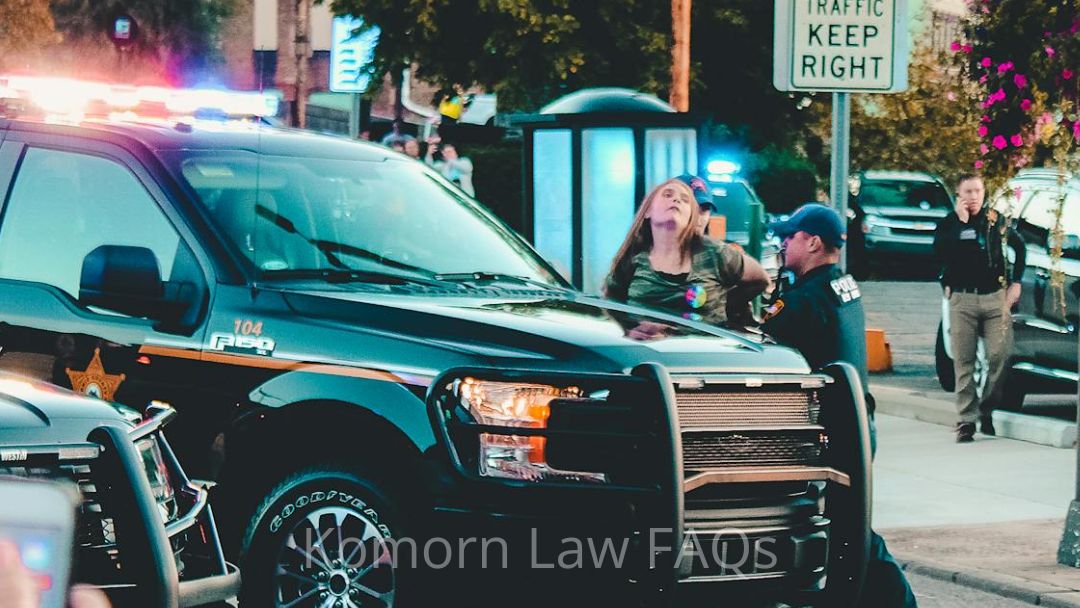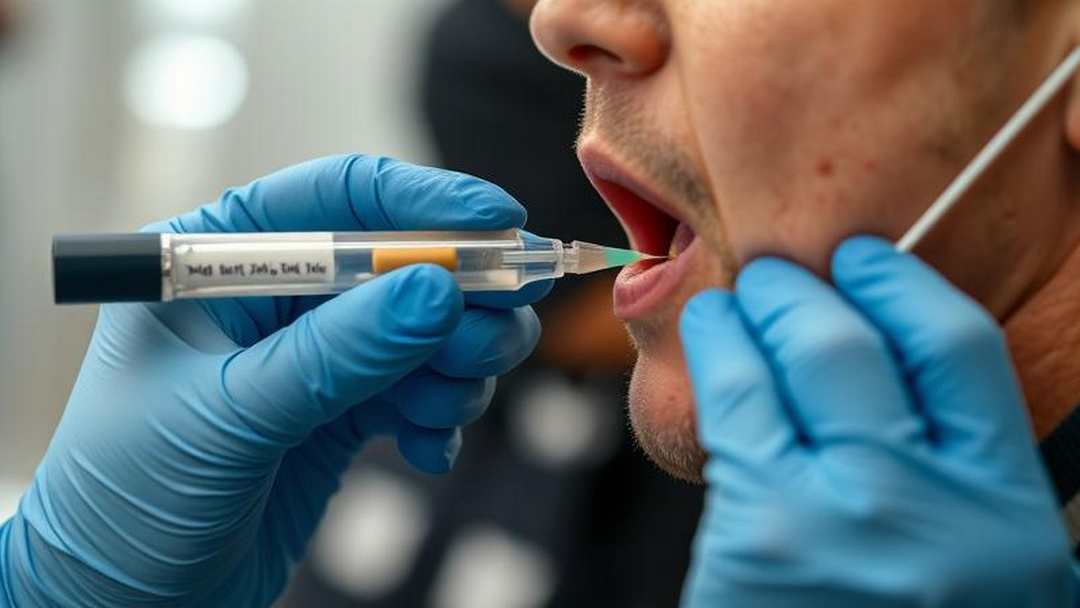A bill to amend 1949 PA 300, entitled
“Michigan vehicle code,”
by amending sections 625a, 625c, and 625g (MCL 257.625a, 257.625c, and 257.625g), sections 625a and 625g as amended by 2021 PA 85 and section 625c as amended by 2014 PA 315.
THE “PEOPLE OF THE STATE OF MICHIGAN” ENACT:
Sec. 625a. (1) A peace officer may arrest a person without a warrant under either of the following circumstances:
(a) The peace officer has reasonable cause to believe the person was, at the time of an accident in this state, the operator of a vehicle involved in the accident and was operating the vehicle in violation of section 625 or a local ordinance substantially corresponding to section 625.
(b) The person is found in the driver’s seat of a vehicle parked or stopped on a highway or street within this state if any part of the vehicle intrudes into the roadway and the peace officer has reasonable cause to believe the person was operating the vehicle in violation of section 625 or a local ordinance substantially corresponding to section 625.
(2) A peace officer who has reasonable cause to believe that a person was operating a vehicle upon a public highway or other place open to the public or generally accessible to motor vehicles, including an area designated for the parking of vehicles, within this state and that the person by the consumption of alcoholic liquor, a controlled substance, or other intoxicating substance or a combination of them may have affected his or her the person’s ability to operate a vehicle, or reasonable cause to believe that a person was operating a commercial motor vehicle within the state while the person’s blood, breath, or urine, or other bodily fluid contained any measurable amount of alcohol, a controlled substance, or any other intoxicating substance or while the person had any detectable presence of alcoholic liquor, a controlled substance or any other intoxicating substance, or any combination of them, or reasonable cause to believe that a person who is less than 21 years of age was operating a vehicle upon a public highway or other place open to the public or generally accessible to motor vehicles, including an area designated for the parking of vehicles, within this state while the person had any bodily alcohol content as that term is defined in section 625(6), may require the person to submit to a preliminary chemical breath analysis or a preliminary oral fluid analysis.
The following provisions apply to a preliminary chemical breath analysis or a preliminary oral fluid analysis administered under this subsection:
(a) A peace officer may arrest a person based in whole or in part upon the results of a preliminary chemical breath analysis or a preliminary oral fluid analysis.
(b) The results of a preliminary chemical breath analysis or a preliminary oral fluid analysis are admissible in a criminal prosecution for a crime enumerated in section 625c(1) or in an administrative hearing for 1 or more of the following purposes:
(i) To assist the court or hearing officer in determining a challenge to the validity of an arrest. This subparagraph does not limit the introduction of other competent evidence offered to establish the validity of an arrest.
(ii) As evidence of the defendant’s breath alcohol content, if offered by the defendant to rebut testimony elicited on cross-examination of a defense witness that the defendant’s breath alcohol content was higher at the time of the charged offense than when a chemical test was administered under subsection (6).
(iii) As evidence of the defendant’s breath alcohol content, if offered by the prosecution to rebut testimony elicited on cross-examination of a prosecution witness that the defendant’s breath alcohol content was lower at the time of the charged offense than when a chemical test was administered under subsection (6).
(iv) As evidence of the presence or nonpresence of a controlled substance in the defendant’s oral fluid, if offered by the defendant to rebut testimony elicited on cross-examination of a defense witness that a preliminary oral fluid analysis of the defendant’s oral fluid showed the presence of a controlled substance that was not found to be present when a chemical test of the defendant’s blood, urine, or other bodily fluid was administered under subsection (6).
(v) As evidence of the presence or nonpresence of a controlled substance in the defendant’s oral fluid, if offered by the prosecution to rebut testimony elicited on cross-examination of a prosecution witness that a preliminary oral fluid analysis of the defendant’s oral fluid showed no presence of a controlled substance that was found to be present when a chemical test of the defendant’s blood, urine, or other bodily fluid was administered under subsection (6).
(c) A person who submits to a preliminary chemical breath analysis or a preliminary oral fluid analysis remains subject to the requirements of sections 625c, 625d, 625e, and 625f for purposes of chemical tests described in those sections.
(d) Except as provided in subsection (5), a person who refuses to submit to a preliminary chemical breath analysis or a preliminary oral fluid analysis upon a lawful request by a peace officer is responsible for a civil infraction.
(3) A peace officer shall use the results of a preliminary chemical breath analysis or a preliminary oral fluid analysis conducted under this section to determine whether to order a person out-of-service under section 319d. A peace officer shall order out-of-service as required under section 319d a person who was operating a commercial motor vehicle and who refuses to submit to a preliminary chemical breath analysis as provided in this section. This section does not limit use of other competent evidence by the peace officer to determine whether to order a person out-of-service under section 319d.
(4) A person who was operating a commercial motor vehicle and who is requested to submit to a preliminary chemical breath analysis or a preliminary oral fluid analysis under this section must be advised that refusing a peace officer’s request to take a test described in this section is a misdemeanor punishable by imprisonment for not more than 93 days or a fine of not more than $100.00, or both, and will result in the issuance of a 24-hour out-of-service order.
(5) A person who was operating a commercial motor vehicle and who refuses to submit to a preliminary chemical breath analysis or a preliminary oral fluid analysis upon a peace officer’s lawful request is guilty of a misdemeanor punishable by imprisonment for not more than 93 days or a fine of not more than $100.00, or both.
(6) The following provisions apply to chemical tests and analysis of a person’s blood, breath, urine, or breath, other bodily fluid other than a preliminary chemical breath analysis:
(a) The amount of alcohol or presence of a controlled substance or other intoxicating substance in a driver’s blood, or urine, or other bodily fluid or the amount of alcohol in a person’s breath at the time alleged as shown by chemical analysis of the person’s blood, breath, urine, or breath other bodily fluid is admissible into evidence in any civil or criminal proceeding and is presumed to be the same as at the time the person operated the vehicle.
(b) A person arrested for a crime described in section 625c(1) must be advised of all of the following:
(i) If he or she the person takes a chemical test of his or her the person’s blood, breath, urine, or breath other bodily fluid administered at the request of a peace officer, he or she the person has the right to demand that a person of his or her the person’s own choosing administer 1 of the chemical tests.
(ii) The results of the test are admissible in a judicial proceeding as provided under this act and will be considered with other admissible evidence in determining the defendant’s innocence or guilt.
(iii) He or she The person is responsible for obtaining a chemical analysis of a test sample obtained at his or her the person’s own request.
(iv) If he or she the person refuses the request of a peace officer to take a test described in subparagraph (i), a test must not be given without a court order, but the peace officer may seek to obtain a court order.
(v) Refusing a peace officer’s request to take a test described in subparagraph (i) will result in the suspension of his or her the person’s operator’s or chauffeur’s license and vehicle group designation or operating privilege and in the addition of 6 points to his or her the person’s driver record.
(c) A sample or specimen of breath, urine, or breath other bodily fluid must be taken and collected in a reasonable manner. Only a licensed physician, or an individual operating under the delegation of a licensed physician under section 16215 of the public health code, 1978 PA 368, MCL 333.16215, qualified to withdraw blood and acting in a medical environment, may withdraw blood at a peace officer’s request to determine the amount of alcohol or presence of a controlled substance or other intoxicating substance in the person’s blood, as provided in this subsection. Liability for a crime or civil damages predicated on the act of withdrawing or analyzing blood and related procedures does not attach to a licensed physician or individual operating under the delegation of a licensed physician who withdraws or analyzes blood or assists in the withdrawal or analysis in accordance with this act unless the withdrawal or analysis is performed in a negligent manner.
(d) A chemical test described in this subsection must be administered at the request of a peace officer having reasonable grounds to believe the person has committed a crime described in section 625c(1). A person who takes a chemical test administered at a peace officer’s request as provided in this section must be given a reasonable opportunity to have a person of his or her the person’s own choosing administer 1 of the chemical tests described in this subsection within a reasonable time after his or her the person’s detention. The test results are admissible and must be considered with other admissible evidence in determining the defendant’s innocence or guilt. If the person charged is administered a chemical test by a person of his or her the person’s own choosing, the person charged is responsible for obtaining a chemical analysis of the test sample.
(e) If, after an accident, the driver of a vehicle involved in the accident is transported to a medical facility and a sample of the driver’s blood or other bodily fluid is withdrawn at that time for medical treatment, the results of a chemical analysis of that sample are admissible in any civil or criminal proceeding to show the amount of alcohol or presence of a controlled substance or other intoxicating substance in the person’s blood at the time alleged, regardless of whether the person had been offered or had refused a chemical test. The medical facility or person performing the chemical analysis shall disclose the results of the analysis to a prosecuting attorney who requests the results for use in a criminal prosecution as provided in this subdivision. A medical facility or person disclosing information in compliance with this subsection is not civilly or criminally liable for making the disclosure.
(f) If, after an accident, the driver of a vehicle involved in the accident is deceased, a sample of the decedent’s blood or other bodily fluid must be withdrawn in a manner directed by the medical examiner to determine the amount of alcohol or the presence of a controlled substance or other intoxicating substance, or any combination of them, in the decedent’s blood. The medical examiner shall give the results of the chemical analysis of the sample to the law enforcement agency investigating the accident and that agency shall forward the results to the department of state police.
(g) The department of state police shall promulgate uniform rules in compliance with the administrative procedures act of 1969, 1969 PA 306, MCL 24.201 to 24.328, for the administration of chemical tests for the purposes of this section. An instrument used for a preliminary chemical breath analysis or preliminary oral fluid analysis may be used for a chemical test described in this subsection if approved under rules promulgated by the department of state police.
(7) The provisions of subsection (6) relating to chemical testing do not limit the introduction of any other admissible evidence bearing upon any of the following questions:
(a) Whether the person was impaired by, or under the influence of, alcoholic liquor, a controlled substance or other intoxicating substance, or a combination of alcoholic liquor, a controlled substance, or other intoxicating substance.
(b) Whether the person had an alcohol content of 0.08 grams or more per 100 milliliters of blood, per 210 liters of breath, or per 67 milliliters of urine or, beginning 5 years after the state treasurer publishes a certification under section 625(28), the person had an alcohol content of 0.10 grams or more per 100 milliliters of blood, per 210 liters of breath, or per 67 milliliters of urine.
(c) If the person is less than 21 years of age, whether the person had any bodily alcohol content within his or her the person’s body. As used in this subdivision, “any bodily alcohol content” means either of the following:
(i) An alcohol content of 0.02 grams or more but less than 0.08 grams per 100 milliliters of blood, per 210 liters of breath, or per 67 milliliters of urine or, beginning 5 years after the state treasurer publishes a certification under section 625(28), the person had an alcohol content of 0.02 grams or more but less than 0.10 grams or more per 100 milliliters of blood, per 210 liters of breath, or per 67 milliliters of urine.
(ii) Any presence of alcohol within a person’s body resulting from the consumption of alcoholic liquor, other than the consumption of alcoholic liquor as a part of a generally recognized religious service or ceremony.
(8) If a chemical test described in subsection (6) is administered, the test results must be made available to the person charged or the person’s attorney upon written request to the prosecution, with a copy of the request filed with the court. The prosecution shall furnish the results at least 2 days before the day of the trial. The prosecution shall offer the test results as evidence in that trial. Failure to fully comply with the request bars the admission of the results into evidence by the prosecution.
(9) A person’s refusal to submit to a chemical test as provided in subsection (6) is admissible in a criminal prosecution for a crime described in section 625c(1) only to show that a test was offered to the defendant, but not as evidence in determining the defendant’s innocence or guilt. The jury must be instructed accordingly.
(10) As used in this section:
(a) “Controlled substance” means that term as defined in section 7104 of the public health code, 1978 PA 368, MCL 333.7104.
(b) “Intoxicating substance” means that term as defined in section 625.
Sec. 625c. (1) A person who operates a vehicle upon a public highway or other place open to the general public or generally accessible to motor vehicles, including an area designated for the parking of vehicles, within this state is considered to have given consent to chemical tests of his or her the person’s blood, breath, or urine, or other bodily fluid for the purpose of determining the amount of alcohol or presence of a controlled substance or other intoxicating substance, or any combination of them, in his or her the person’s blood, or urine, or other bodily fluid or the amount of alcohol in his or her the person’s breath in all of the following circumstances:
(a) If the person is arrested for a violation of section 625(1), (3), (4), (5), (6), (7), or (8), section 625a(5), or section 625m or a local ordinance substantially corresponding to section 625(1), (3), (6), or (8), section 625a(5), or section 625m.
(b) If the person is arrested for a violation of section 601d, section 626(3) or (4), or manslaughter, or murder resulting from the operation of a motor vehicle, and the peace officer had reasonable grounds to believe the person was operating the vehicle in violation of section 625.
(2) A person who is afflicted with hemophilia, diabetes, or a condition requiring the use of an anticoagulant under the direction of a physician is not considered to have given consent to the withdrawal of blood.
(3) The tests shall must be administered as provided in section 625a(6).
(4) As used in this section:
(a) “Controlled substance” means that term as defined in section 7104 of the public health code, 1978 PA 368, MCL 333.7104.
(b) “Intoxicating substance” means that term as defined in section 625.
Sec. 625g. (1) If a person refuses a chemical test offered under section 625a(6), the peace officer who requested the person to submit to the chemical test shall comply with subdivisions (a) and (b). If a person submits to the chemical test or a chemical test is performed under a court order and the test reveals an unlawful alcohol content, or the presence of a controlled substance or other intoxicating substance, or any combination of them, the peace officer who requested the person to submit to the test shall do all of the following, other than subdivision (b)(i):
(a) On behalf of the secretary of state, immediately confiscate the person’s license or permit to operate a motor vehicle and, if the person is otherwise eligible for a license or permit, issue a temporary license or permit to the person. The temporary license or permit must be on a form provided by the secretary of state.
(b) Except as provided in subsection (2), immediately do all of the following:
(i) Forward a copy of the written report of the person’s refusal to submit to a chemical test required under section 625d to the secretary of state.
(ii) Notify the secretary of state by means of the law enforcement information network that a temporary license or permit was issued to the person.
(iii) Destroy the person’s driver license or permit.
(2) If a person submits to a chemical test offered under section 625a(6) that requires an analysis of blood, or urine, or other bodily fluid and a report of the results of that chemical test is not immediately available, the peace officer who requested the person to submit to the test shall comply with subsection (1)(a) and (b)(ii) and indicate in the notice under subsection (1)(b)(ii) that a subsequent chemical test is pending. If the report reveals an unlawful alcohol content, or the presence of a controlled substance or other intoxicating substance, or any combination of them, the peace officer who requested the person to submit to the test shall immediately comply with subsection (1)(b)(iii). If the report does not reveal an unlawful alcohol content, or the presence of a controlled substance or other intoxicating substance, or any combination of them, the peace officer who requested the person to submit to the test shall immediately notify the person of the test results and immediately return the person’s license or permit by first-class mail to the address provided at the time of arrest.
(3) A temporary license or permit issued under this section is valid for 1 of the following time periods:
(a) If the case is not prosecuted, for the earlier of 90 days after issuance or until the person’s license or permit is suspended under section 625f. The prosecuting attorney shall notify the secretary of state if a case referred to the prosecuting attorney is not prosecuted. The arresting law enforcement agency shall notify the secretary of state if a case is not referred to the prosecuting attorney for prosecution.
(b) If the case is prosecuted, until the criminal charges against the person are dismissed, the person is acquitted of those charges, or the person’s license or permit is suspended, restricted, or revoked.
(4) As used in this section:
(a) “Controlled substance” means that term as defined in section 7104 of the public health code, 1978 PA 368, MCL 333.7104.
(b) “Intoxicating substance” means that term as defined in section 625.
(c) “Unlawful alcohol content” means any of the following, as applicable:
(i) If the person tested is less than 21 years of age, 0.02 grams or more of alcohol per 100 milliliters of blood, per 210 liters of breath, or per 67 milliliters of urine.
(ii) If the person tested was operating a commercial motor vehicle within this state, 0.04 grams or more of alcohol per 100 milliliters of blood, per 210 liters of breath, or per 67 milliliters of urine.
(iii) If the person tested is not a person described in subparagraph (i) or (ii), 0.08 grams or more of alcohol per 100 milliliters of blood, per 210 liters of breath, or per 67 milliliters of urine or, beginning 5 years after the state treasurer publishes a certification under section 625(28), 0.10 grams or more of alcohol per 100 milliliters of blood, per 210 liters of breath, or per 67 milliliters of urine.
Enacting section 1. This amendatory act takes effect 90 days after the date it is enacted into law.
Enacting section 2. This amendatory act does not take effect unless House Bill No. 4390 (request no. H00111’25) of the 103rd Legislature is enacted into law.
